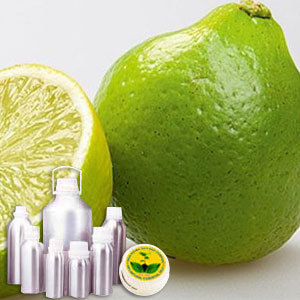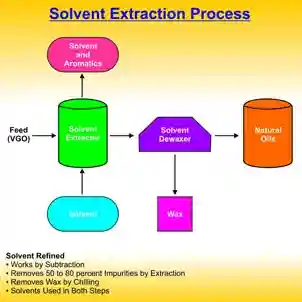| | Botonical Name | : | Mentha citrate |
| | CAS # | : | 8007-75-8 |
| | Country of Origin | : | Italy |
| | Color & Odor | : | Clear, Pale Yellow with Fresh, Fruity, Lemony odor |
| | Solubility | : | Soluble in alcohol, insoluble in water |
| | Specific Gravity | : | 0.8700 – 0.8800 @ 20°C |
| | Optical Rotation | : | (+8°)- (-24°) |
| | Refractive Index | : | 1.465 – 1.469 @ 20°C |
| | Flash Point | : | 55°C |
| | Storage & Handling | : | Store in tightly sealed, preferably full container. Protect from heat and light. |
| | Storage Temperature | : | Ambient 10°C - 32°C |
| | Extraction Method | : | Supercritical CO2 Extraction |
DESCRIPTION:
The bergamot is a citrus fruit that resemble a cross between an orange and a grapefruit but in a pear-shape. The tree can grow up to a height of four meters, having star-shaped flowers with smooth leaves.CONSTITUENTS:
Bergamot CO2 Extract Oil contains Bergapten, Furanocoumarins, Coumarins and CoumarinsAROMATIC SUMMARY / NOTE / STRENGTH OF AROMA:
The aroma is basically citrus, yet fruity and sweet with a warm spicy floral quality, and is reminiscent of Neroli, giving a middle note of medium strength.BLENDS WITH:
It mixes well with Black Pepper, Clary sage, Cypress, Frankincense, Geranium, Jasmine, Mandarin, Nutmeg, Orange, Rosemary, Sandalwood, Vetiver and Ylang-ylang.COMMON NAMES:
Bergamot, Bergamot mintUSES:
Bergamot CO2 Extract Oil finds usage in fruit drinks and the petals of flowers are used for decorating salads. It is also used for aromatherapy purposes to combat anxiety and nervous tension and assists in the urinary tract. Further, it is useful in relieving symptoms of colds and chest or throat complaints, and for mild digestive complaints.


































